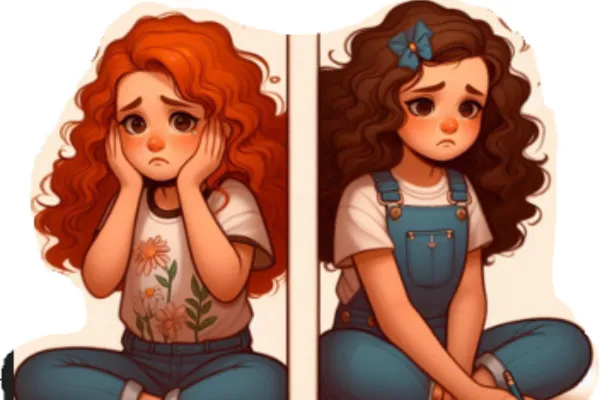Jerry L. Woodbridge

What is the difference between sympathy and empathy when someone experiences loss of a loved one?
In my latest book, Joy Overcame Sorrow, two best friends struggle in their perspectives after one of them, Joy, loses a dad in a car crash. Bella misses her best friend and the things they would do together. It seems like all Joy wants to do is stay in her room and feel sad. Bella feels sorry for her friend and the Dad she lost. That is an example of sympathy. All the impersonal cards that came in the mail "In Sympathy" or "Condolences for your loss" were examples of sympathy. When the community invaders brought over food to Joy's house and the constant ringing of the phone were examples of sympathy. All these examples are well-intentioned but limited in providing comfort for those who have lost a loved one.
Empathy is more than just feeling sorry for the person who lost their loved one. It is simply being with or available for the bereaved person and being aware of what they need from you as they process their thoughts, beliefs, and feelings about the loss. Some like to grieve alone in quiet spaces. Others need to be around people. Some people need to keep themselves busy, so they do not fall apart. Many of us may not know what we want or need but we know if you really care when you check in on us.
Envy can also complicate someone's grief as well. Bella still had her father, so Joy may think she cannot understand what it is like to live without one.
A heart at peace gives life to the body, but envy rots the bones. Proverbs 14:30 NIV
Follow
COPYRIGHT ©2025 JERRY WOODBRIDGE | ALL RIGHTS RESERVED
PRIVACY POLICY | TERMS OF USE
